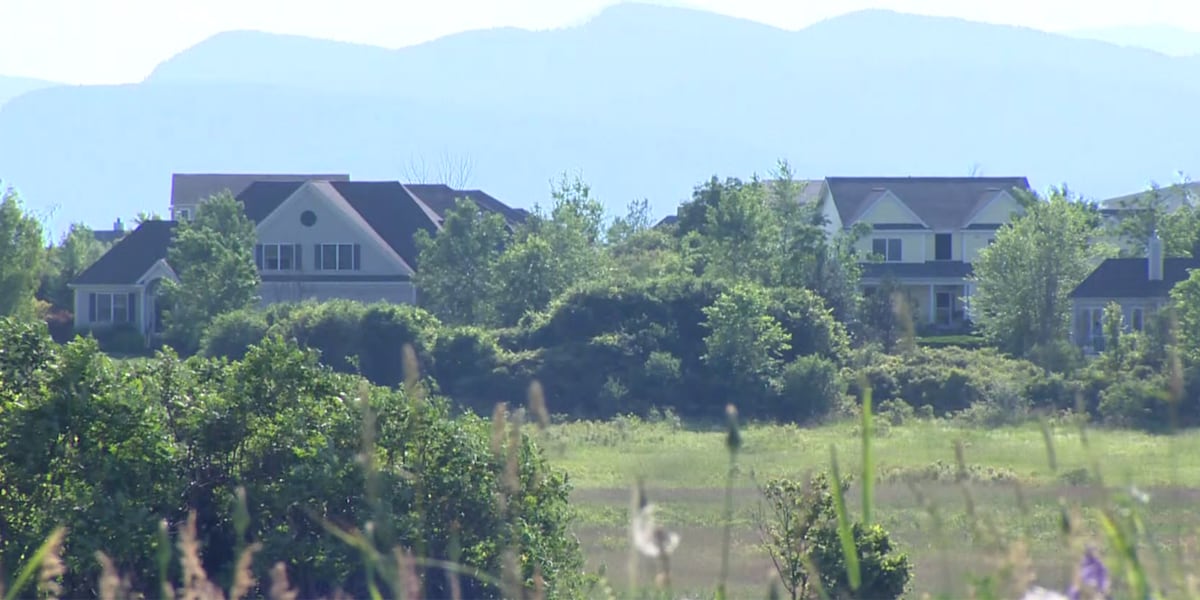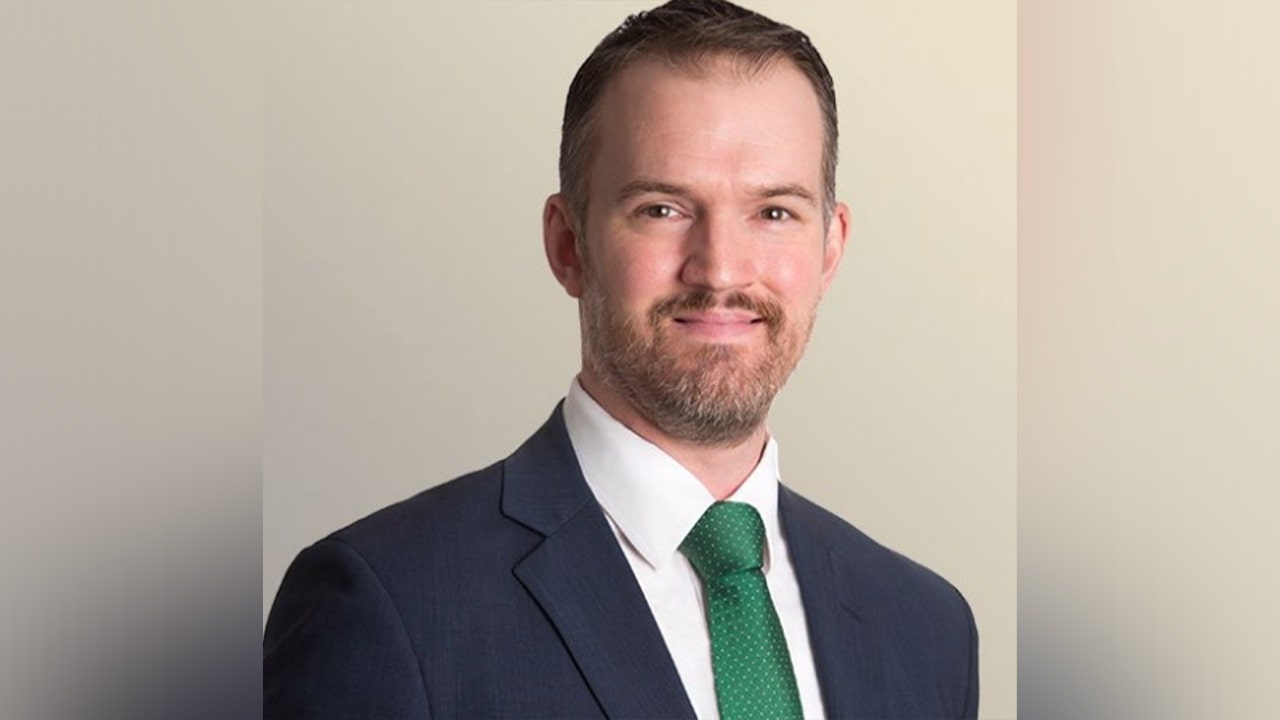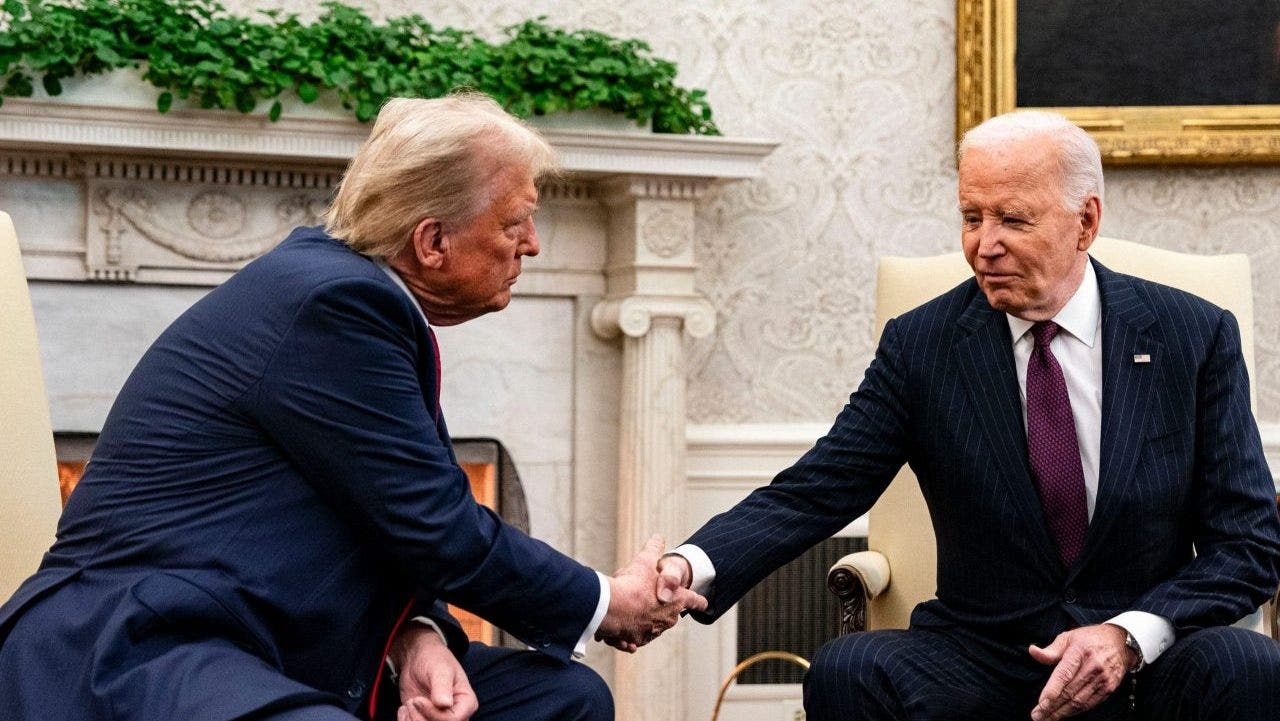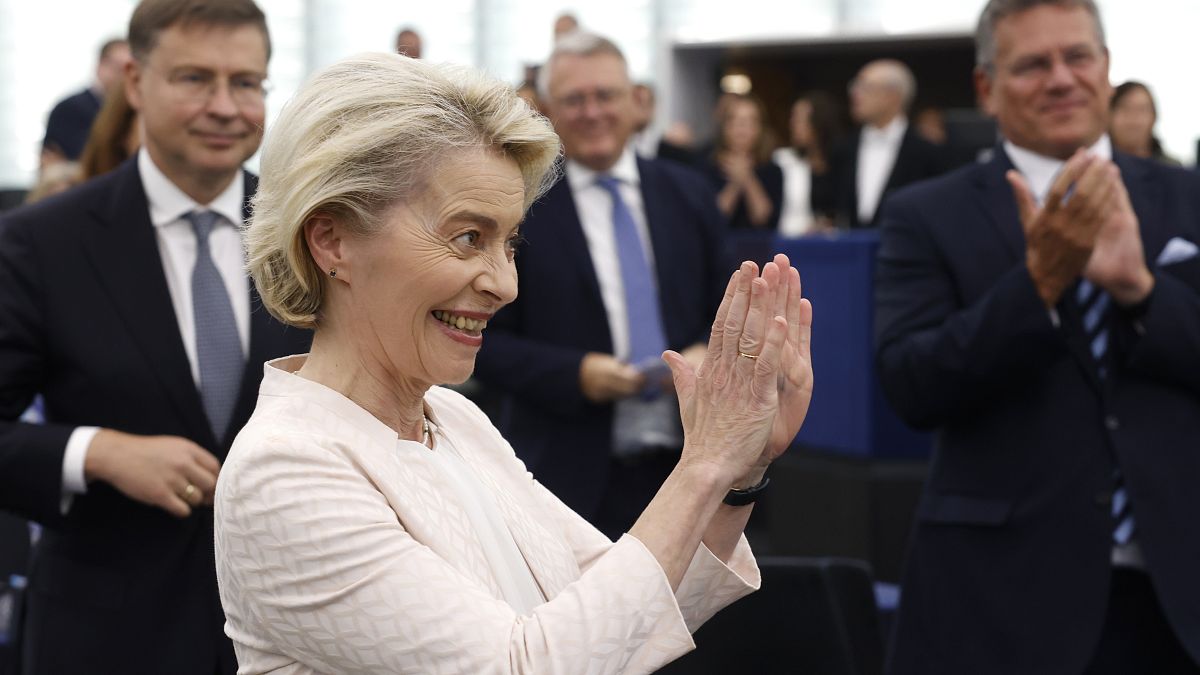An eleventh-hour change initiated by North Dakota’s legislative leaders last month plucked an extra $70 million from the state’s oil tax savings account to use as a budgetary backstop.
The move drew criticism from lawmakers across the political spectrum, and on Tuesday Gov. Doug Burgum joined the chorus of naysayers.
The Republican governor issued a line-item veto of an amendment within the Office of Management and Budget’s funding bill that allowed more investment earnings from the $8.8 billion Legacy Fund to be used for immediate budgeting purposes.
In an editorial board meeting with The Bismarck Tribune, Burgum said it makes better financial sense to leave the $70 million in the Legacy Fund to fetch investment returns than to pad the state budget.
A panel of top lawmakers could call the Legislature back into session to override Burgum’s veto. Lawmakers adjourned their biennial session on April 30 after using 75 of a maximum 80 days.
People are also reading…
Neither House Majority Leader Mike Lefor, R-Dickinson, nor Senate Majority Leader David Hogue, R-Minot, immediately responded to a request for comment.
Tweaking the algorithm
Burgum’s veto brings attention to a question posed to North Dakota policymakers since 2017: How much of the Legacy Fund should be used to prop up the state budget?
An uncontroversial bill approved by lawmakers and Burgum last month aimed to provide an answer by establishing an algorithm to set aside 7% of the five-year average balance of the Legacy Fund as a baseline for spending earnings during each two-year budget cycle. (Lawmakers have never spent any of the fund’s principle, most of which originates from oil and gas tax revenue collected since 2011.)
But on the final day of the four-month session, an all-Republican committee of legislative leaders made an amendment to the algorithm to allow 8% of five-year average value of the fund to be spent.
The move freed up an extra $70 million from the Legacy Fund to be split between the state’s main operating fund (General Fund) and a reserve fund frequently used by lawmakers to backfill the state budget (Strategic Investment and Improvements Fund).
Senate Appropriations Chairman Brad Bekkedahl, R-Williston, said using more Legacy Fund earnings would provide cushion to the 2023-25 state budget, though the extra cash was not earmarked for a specific spending item.
Rep. Corey Mock, D-Grand Forks, and other lawmakers raised alarms about an important policy decision emerging only in the waning hours of the session.
Burgum said Tuesday there isn’t a need to withdraw more Legacy Fund earnings to supplement the 2023-25 budget, which is projected to have a heavy surplus even without the extra earnings.
The governor questioned why policymakers would withdraw unneeded Legacy Fund earnings, particularly during a period of high interest rates.
“We think reinvesting those earnings back into the principal is key to the long-term growth,” Burgum said.
The impact over a decade of increasing the spending formula from 7% to 8% would change the Legacy Fund’s balance by $600 million to $700 million, Burgum estimated.
If Burgum’s veto stands, the 2023-25 budget still would rely on about $486 million in Legacy Fund earnings.
Under the state constitution, lawmakers could use up to 15% of the Legacy Fund’s principal each budget cycle. A ballot measure that will go to voters next year proposes to restrict the Legislature to using no more than 5% of the fund’s principal each biennium.
Burgum told the Tribune editorial board Tuesday he plans to vote for reducing that to 5%.
“Our reserves have been built up, the size of the fund has been built up, it would be prudent to try to reduce that to 5% per legislative session as opposed to 15%,” Burgum said.
Jeremy Turley is a reporter for Forum News Service. Travis Svihovec is a reporter for The Bismarck Tribune.



























/cdn.vox-cdn.com/uploads/chorus_asset/file/25739950/247386_Elon_Musk_Open_AI_CVirginia.jpg)




